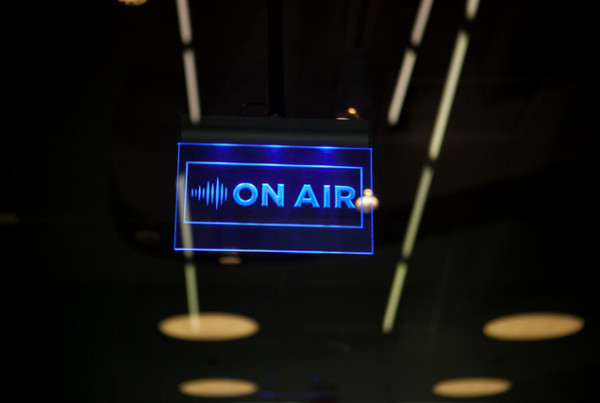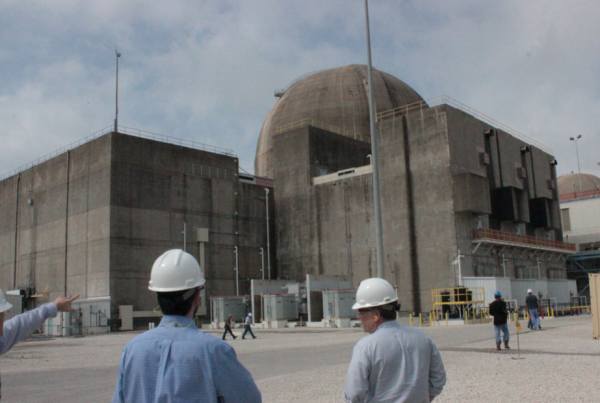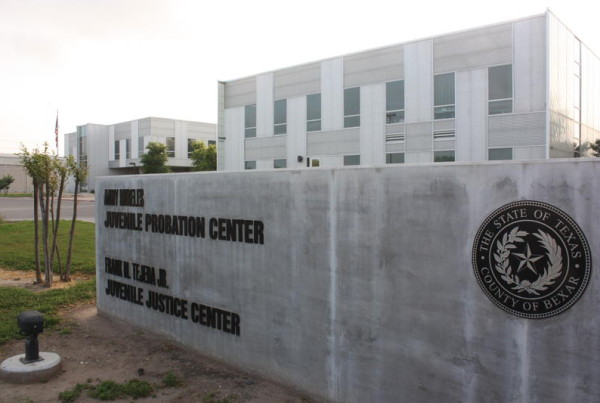This story originally appeared on KERA News.
Jaede Del has been working at a Panera Bakery in Denton since November. She takes treats to her family after every shift.
“My mom tells me I’m going to get her fat,” Jaede said.
She earns $8 an hour, in addition to all those apple muffins. That was her starting salary, and she thinks she might be getting a raise soon.
“It feels great,” Jaede said. “It feels like I’ve finally accomplished something.”
Jaede is saving for college and to feed her book-buying habit. Feeling flush in cash, she recently donated a little money to one of her older coworkers who is living paycheck to paycheck.
“She starting this funding, where you can donate money to her,” Jaede explained. “She’s using that money to pay for school and to buy art supplies.”
Jaede says she wouldn’t be upset if her coworkers who live on their own were paid more than she is.
Her classmate at Guyer High School, Brighton Mason, is also working his first job, at the admissions counter at Sea Life Aquarium in Grapevine for $8.75 an hour.
He hopes to save enough buy a car.
“It’s nice having a lot of money,” Brighton said. “When you have an emergency, you can get your own money right then and there, without having to ask your parents.”
Brighton wants the federal minimum wage to be higher. President Obama has proposed $10.10 an hour, to match inflation. Brighton thinks it should be at least $9, especially for what he considers unpleasant jobs.
“Custodial work, like cleaning–I think that sucks,” he said.
Most custodians are also paid above minimum wage these days. With unemployment at a mere 4.3 percent in Texas today, employers are competing for low-skill workers, especially in restaurants and retail.
“Wages should be going up at these establishments,” said Pia Orrenius, a senior economist at the Federal Reserve Bank of Dallas. “And that’s what we’ve been seeing.”
She counts 250,000 teenagers in Texas working low-wage jobs. Texas actually has a larger portion of low-wage workers than most other states.
While the fatter paychecks are great for the teens who work, it could also be a sign of that companies that only pay minimum wage aren’t keeping up with the economy.
“Small firms, especially restaurants and so forth, they’re looking for exactly that type of worker. If there aren’t enough of them to go around, you will have inefficient allocation of labor,” Orrenius explains. A tight labor market for low-wage earners should be driving up minimum wages even higher, to resolve these inefficiencies. But the real economy is usually messier.
The last time the government changed the minimum wage was in 2008 and 2009, when President Bush raised it from $5.15 to $7.25 an hour. Even that bump didn’t keep up with inflation. The real minimum wage, or what you can actually buy with that money, has been eroding over the past two decades.













